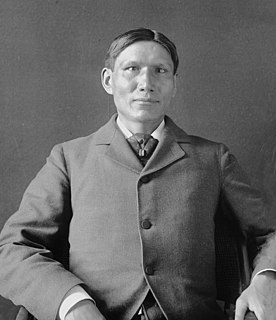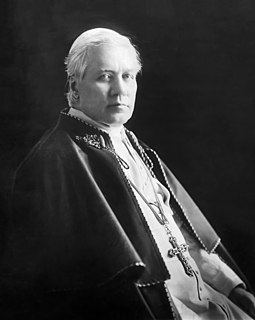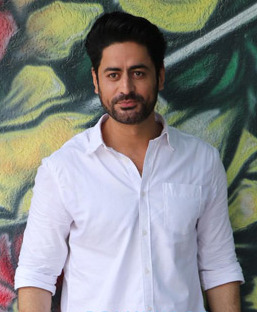A Quote by Charles Eastman
The American Indian was an individualist in religion as in war. He had neither a national army nor an organized church.
Related Quotes
The "establishment of religion" clause of the First Amendment means at least this: Neither a state nor the Federal Government can set up a church. Neither can pass laws which aid one religion, aid all religions, or prefer one religion over another. Neither can force nor influence a person to go to or to remain away from church against his will or force him to profess a belief or disbelief in any religion.
...the great movement of apostasy being organized in every country for the establishment of a One-World Church which shall have neither dogmas, nor hierarchy, neither discipline for the mind, nor curb for the passions, and which, under the pretext of freedom and human dignity, would bring back to the world (if such a Church could overcome) the reign of legalized cunning and force, and the oppression of the weak, and of all those who toil and suffer. [...] Indeed, the true friends of the people are neither revolutionaries, nor innovators: they are traditionalists.
No sovereign, no court, no personal loyalty, no aristocracy, no church, no clergy, no army, no diplomatic service, no country gentlemen, no palaces, no castles, nor manors, nor old country-houses, nor parsonages, nor thatched cottages nor ivied ruins no cathedrals, nor abbeys, nor little Norman churches no great Universities nor public schools -- no Oxford, nor Eton, nor Harrow no literature, no novels, no museums, no pictures, no political society, no sporting class -- no Epsom nor Ascot Some such list as that might be drawn up of the absent things in American life.
The proposed constitution, therefore, even when tested by the rules laid down by its antagonists, is, in strictness, neither a national nor a federal constitution; but a composition of both. In its foundation it is federal, not national; in the sources from which the ordinary powers of the government are drawn, it is partly federal, and partly national; in the operation of these powers, it is national, not federal; in the extent of them again, it is federal, not national; and finally, in the authoritative mode of introducing amendments, it is neither wholly federal, nor wholly national.
Where there is Love and Wisdom, there is neither Fear nor Ignorance.
Where there is Patience and Humility, there is neither Anger nor Annoyance.
Where there is Poverty and Joy, there is neither Cupidity nor Avarice.
Where there is Peace and Contemplation, there is neither Care nor Restlessness.
Where there is the Fear of God to guard the dwelling, there no enemy can enter.
Where there is Mercy and Prudence, there is neither Excess nor Harshness.
As you know, the separation of church and state is not subject to discussion or alteration. Under our Constitution no church or religion can be supported by the U.S. Government. We maintain freedom of religion so that an American can either worship in the church of his choice or choose to go to no church at all.
We should have an army so organized and so officered as to be capable in time of emergency, in cooperation with the National Militia, and under the provision of a proper national volunteer law, rapidly to expand into a force sufficient to resist all probable invasion from abroad and to furnish a respectable expeditionary force if necessary in the maintenance of our traditional American policy which bears the name of President Monroe.



































